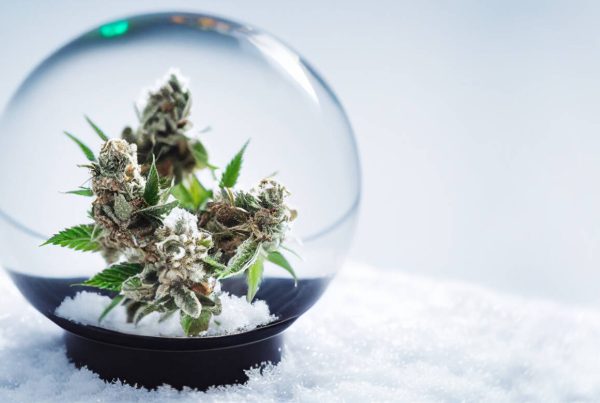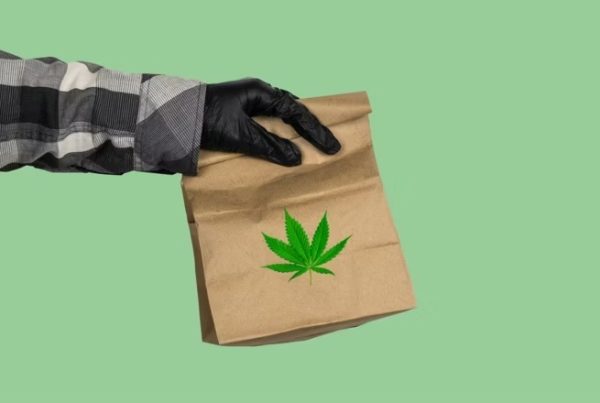The use of cannabis has become more widespread in recent years, both for medicinal and recreational purposes. Whether you’re a regular user or an occasional consumer, understanding how long tetrahydrocannabinol (THC), the psychoactive component of cannabis, stays in your system is crucial, especially if you may be subject to drug testing.
In this blog post, we’ll explore the various factors that influence THC detection in different biological samples, including urine, saliva, hair, and blood.
THC Metabolism
Before delving into detection times, it’s essential to understand how THC is metabolized in the body. When cannabis is consumed, THC is absorbed into the bloodstream, where it undergoes metabolism in the liver, primarily by the cytochrome P450 system. This process produces several metabolites, with the most commonly tested one being THC-COOH.
Detection Times in Urine
Urine testing is the most common method for THC detection. Factors influencing detection times include frequency of use, dosage, and individual metabolism. In infrequent users, THC can be detectable for up to 3 days, while chronic users may show positive results for several weeks. However, it’s important to note that these are general guidelines, and individual variations exist.
Saliva Testing
Saliva tests are gaining popularity due to their non-invasive nature and ability to detect recent cannabis use. THC can be detected in saliva for a shorter duration compared to urine, typically up to 72 hours after use. Factors like oral hygiene, saliva production, and the concentration of THC in the consumed product can affect results.
Hair Follicle Testing
Hair follicle tests provide a longer detection window, covering a period of approximately 90 days. The test involves analyzing a small sample of hair near the scalp for the presence of THC-COOH. Keep in mind that this method is less influenced by external factors like hydration and metabolism.
Blood Testing
Blood tests are rare in cannabis screening due to their invasiveness and the short detection window. THC is typically detectable in the bloodstream for a few hours to a couple of days after use, depending on factors such as the method of consumption and individual metabolism.
Individual Variations
It’s crucial to recognize that individual variations play a significant role in THC detection times. Metabolism, body fat percentage, hydration levels, and overall health can all impact how quickly the body eliminates THC and its metabolites.
Understanding how long THC stays in your system is essential for anyone facing drug testing. The detection times vary depending on the type of test, frequency of use, and individual factors. If you are concerned about drug testing, it’s advisable to consult with a healthcare professional to assess your specific situation.
Remember, responsible and informed cannabis use is key, especially in contexts where drug testing may be a factor. Stay informed, stay safe!






